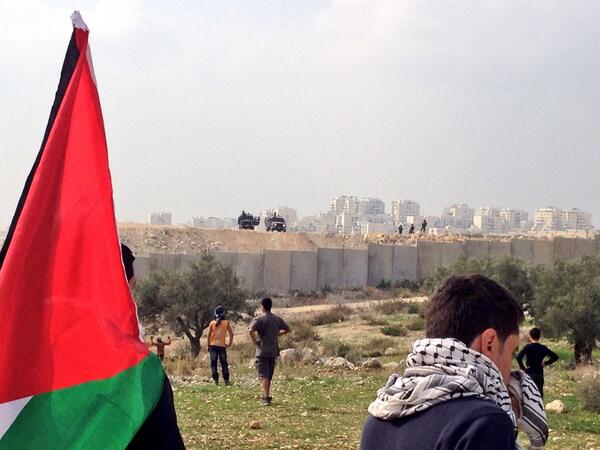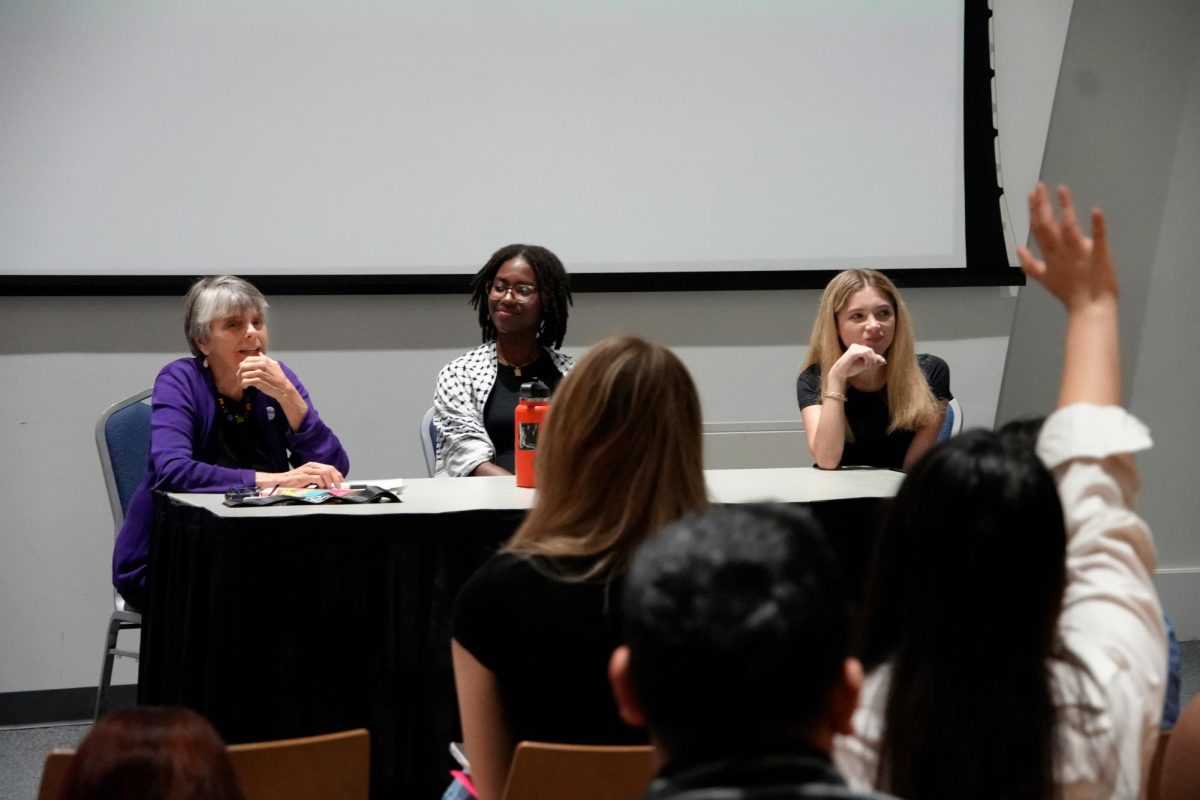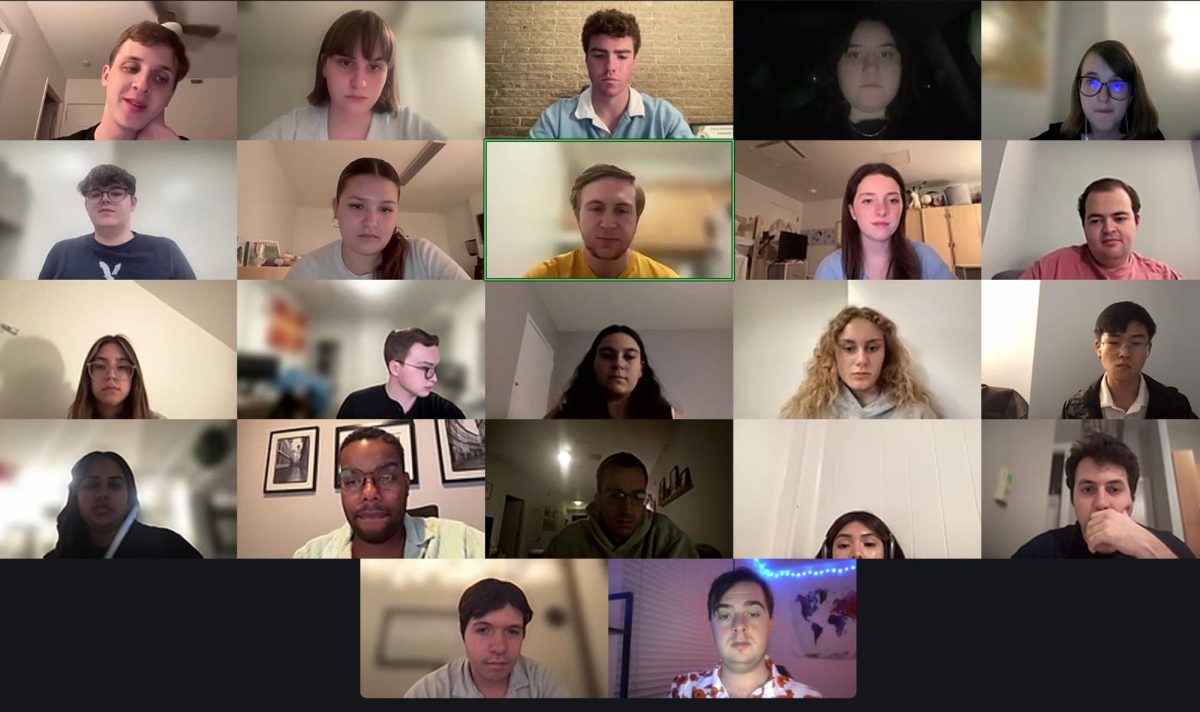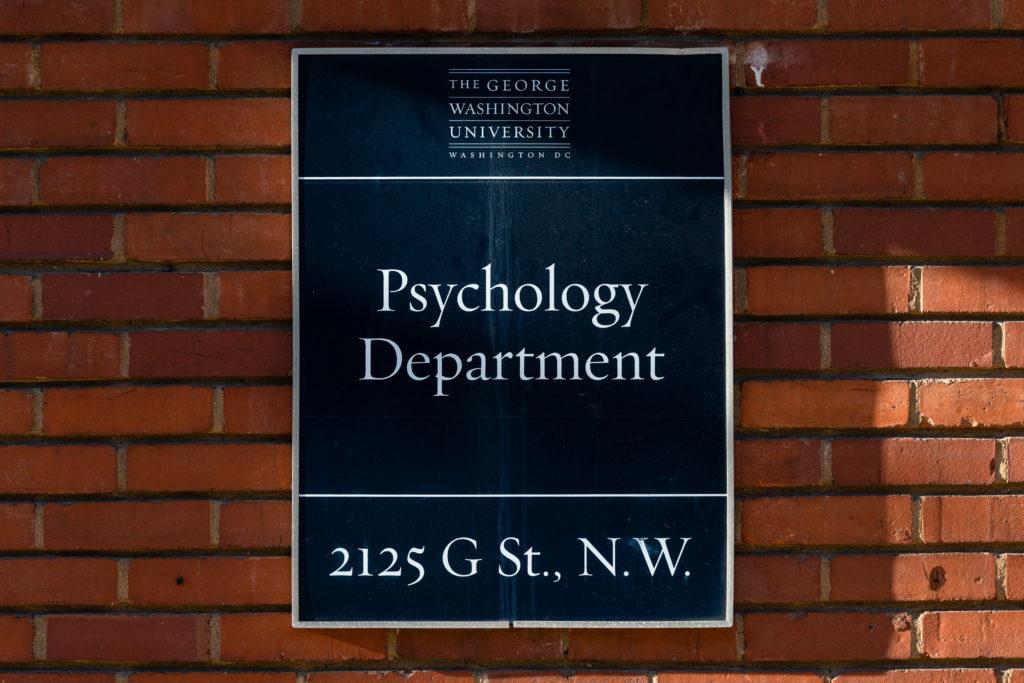
Among the houses and buildings that the Israeli Defense Forces raided was the university where at least two GW students are studying this summer: Birzeit University, located just three miles north of Ramallah.
And as Hamas and Israel traded rocket and missile fire, Henry and Shannon, rising juniors from Columbus, Ohio and Cromwell, Conn., respectively, watched as Palestinians reacted to the deaths of hundreds of Palestinians in Gaza.
They are just two of the nine GW students completing a program in the West Bank this summer. Six more are in Israel, where they are learning to live with rockets buzzing overhead and air raid sirens.
Fearing Israeli officials could delay their return home or bar them from returning to Israel if they discovered their political views, the students asked that their last names be withheld.
After the kidnapping, Shannon said she noticed more Israeli soldiers patrolling Palestinian areas as well as an increase in Palestinian protests. Henry noticed tightened security at Israeli-manned checkpoints, and said travel became a more “tedious” task.
As Hamas and Israel began trading rocket and missile fire, the death toll quickly rose on the Palestinian side. Since the conflict began weeks ago, nearly 1,000 Palestinians and about 40 Israelis have died.
“You could tell from the atmosphere here that people were starting to get stirred up about what Palestinians view as a disproportionate response,” she said.
In speaking with locals, Shannon sensed Palestinians’ rising anger and frustration over the situation in Gaza.
“They’re outraged that so many innocent, fellow Palestinian civilians are dying and injured,” she said. “People are definitely talking about a Third Intifada. It was being talked about pretty much since the mass arrests after the kidnapping happened.”
Both students also said they have gained a more fine-tuned understanding of life in the Israeli-occupied West Bank.
“Before traveling here, I thought I was well-informed on the situation, but no amount of reading or pictures can truly reveal how widespread and all-encompassing the occupation is,” Henry said.
While several West Bank cities, like Henry and Shannon’s town of Birzeit, are autonomously controlled by the Palestinian Authority, the IDF mans checkpoints between cities in the West Bank and patrols some Palestinian towns and neighborhoods. Henry said he has never had a problem passing through checkpoints.
The pair once headed to a weekly protest in the Palestinian town of Bil’in, which borders the Israeli separation barrier, to protest the Israeli occupation and the wall’s presence there.

They watched as the IDF fired tear gas and sounded grenades to disperse the protesters – which Henry called “shocking.” The IDF typically employs tear gas and other non-lethal weapons to beat back protesters, some of whom use slingshots to shoot rocks at soldiers.
Henry and Shannon said their experiences have given them more insight and reinforced their views on the conflict.
While he hasn’t spoken with many Palestinians in his building or on the street, Henry said he developed relationships with the owners of his favorite cafés and restaurants in Ramallah, and has discussed the conflict with Palestinians through his program.
“My position on the conflict hasn’t shifted, but my outlook has sadly gotten less optimistic,” he said.
Henry also recalled his Arabic professor, who was born in Gaza and told Henry he has been in constant contact with his family there, even in the middle of the night, to make sure they are still safe.
The State Department recently heightened its travel warning for Israel and the West Bank, but both Henry and Shannon said they were not concerned for their safety. Both are leaving the region Aug. 7.
GW contacted students living in Israel and the West Bank as the conflict between Israel and Hamas escalated, but has not made plans to evacuate them.





